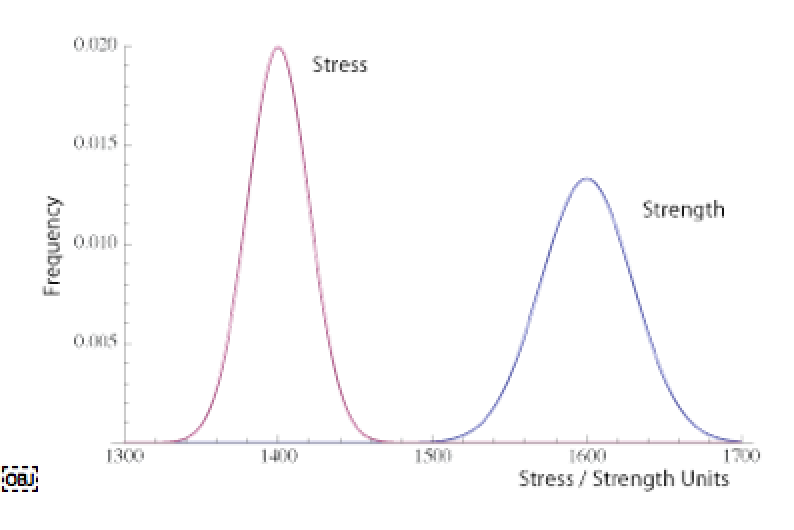 Importance of Field Data
Importance of Field Data
Customers experience product failures. Understanding these failures that occur in the hands of customers is an essential undertaking. We need this information to identify increasing failure rates, component batch or assembly errors, or design mistakes. Continue reading
